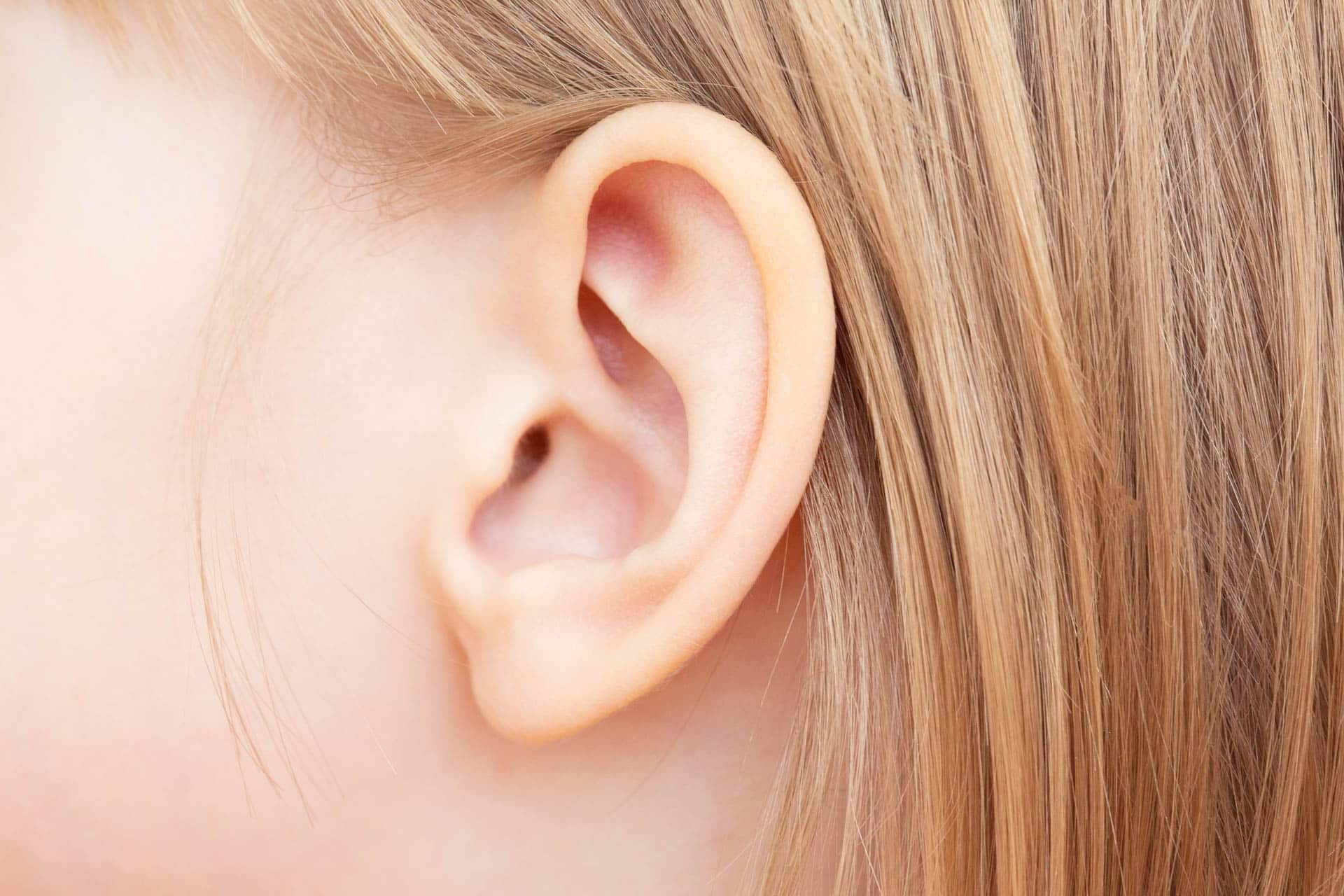269,00 €Add to cart
Better Hearing: Information and tips for improving hearing
The role of the brain in hearing

Hearing loss and hearing impairment
What is hearing loss?
Hearing loss is the loss of hearing in one or both ears. It may be congenital or develop over a lifetime. The causes can be many, such as an injury, a disease, or a decline in hearing due to age. There are different degrees of hearing loss, from mild to severe, and it can affect different frequencies. For example, a person may have difficulty hearing high-pitched sounds while hearing low-pitched sounds normally. Hearing loss can also affect the understanding of
speech, especially in noisy environments or when multiple people are speaking at the same time.
Hearing instruments and hearing aids
Hear better and prevent hearing loss
Hearing better in everyday life
Hearing problems can significantly affect everyday life and make it difficult to follow conversations, watch TV or listen to music. Fortunately, there are some strategies and tools that can help to hear better in everyday life.
